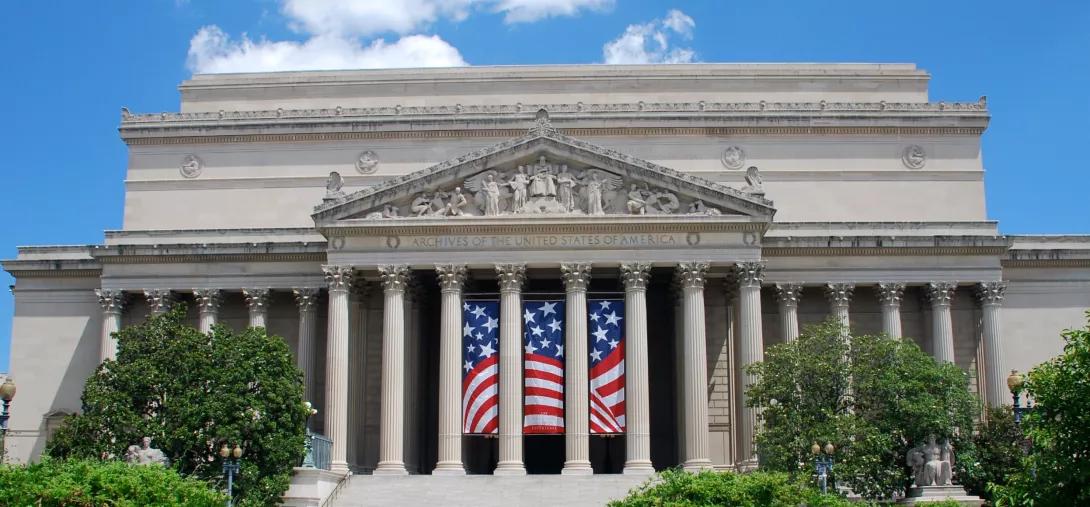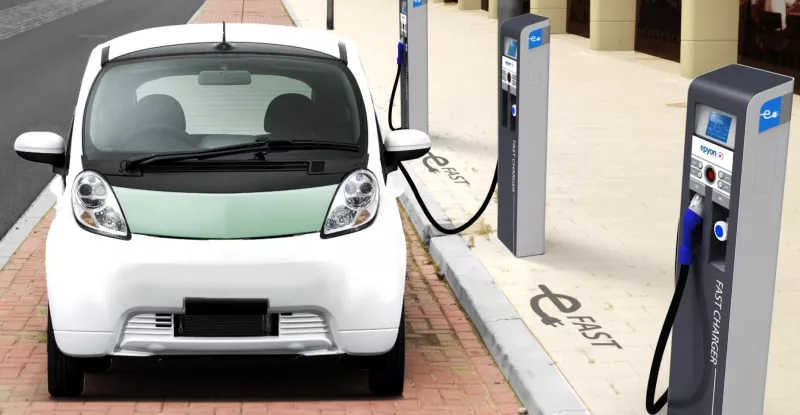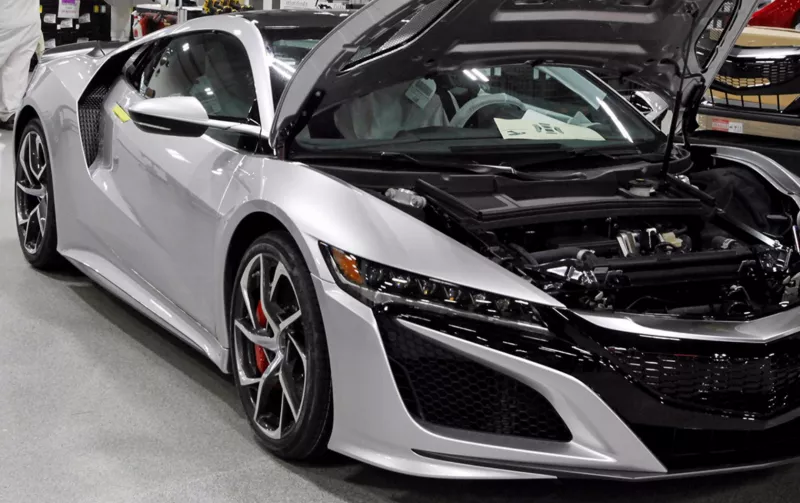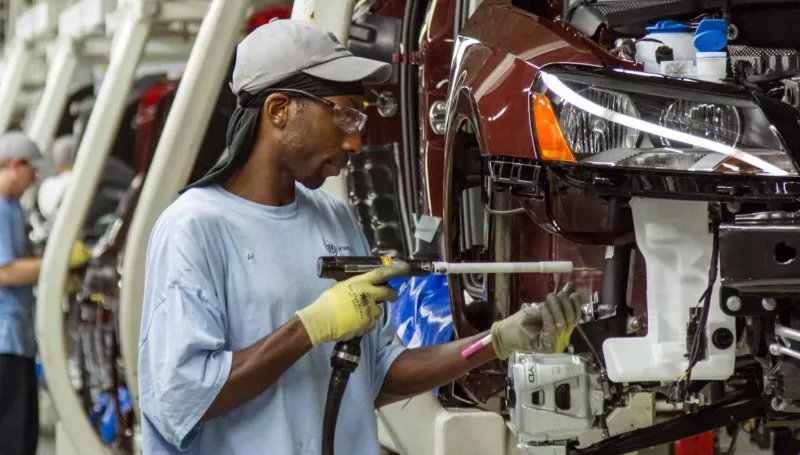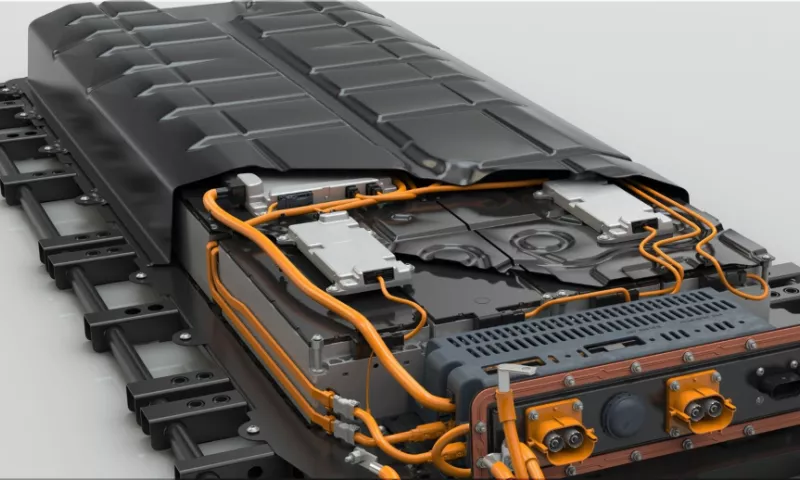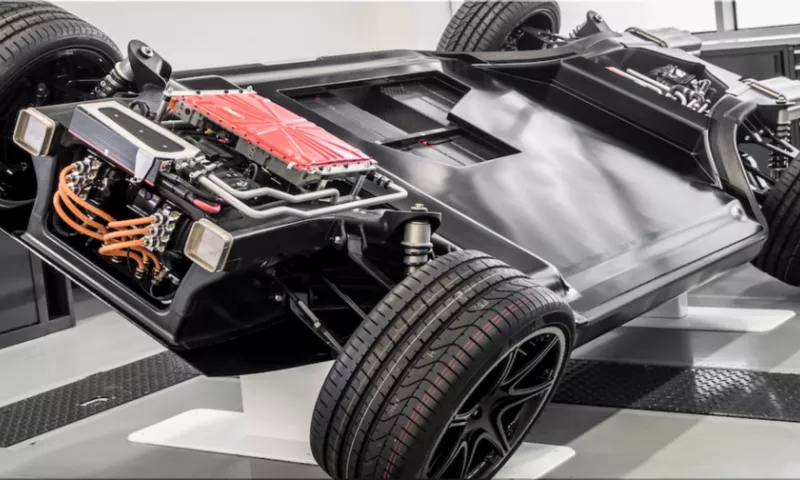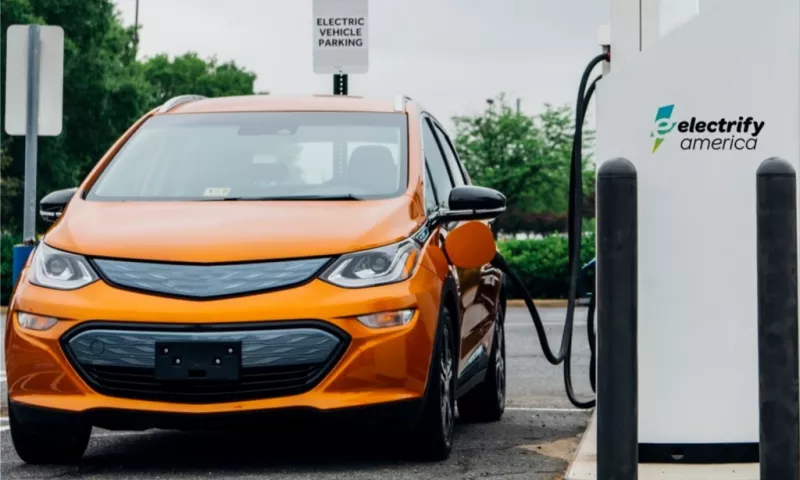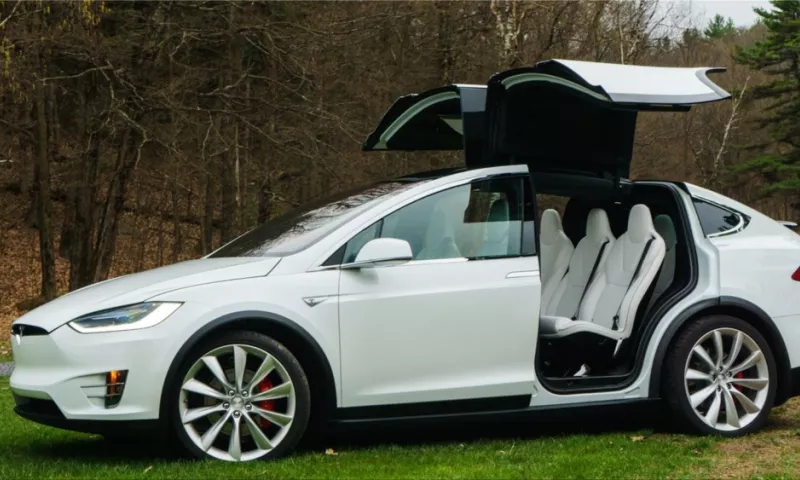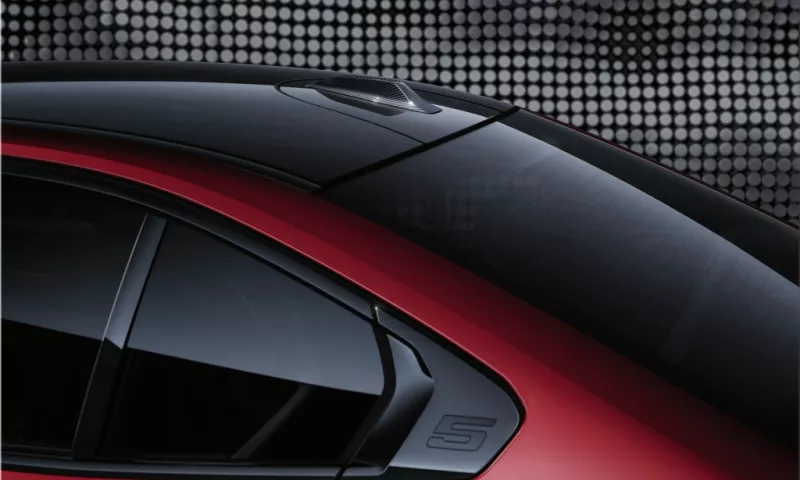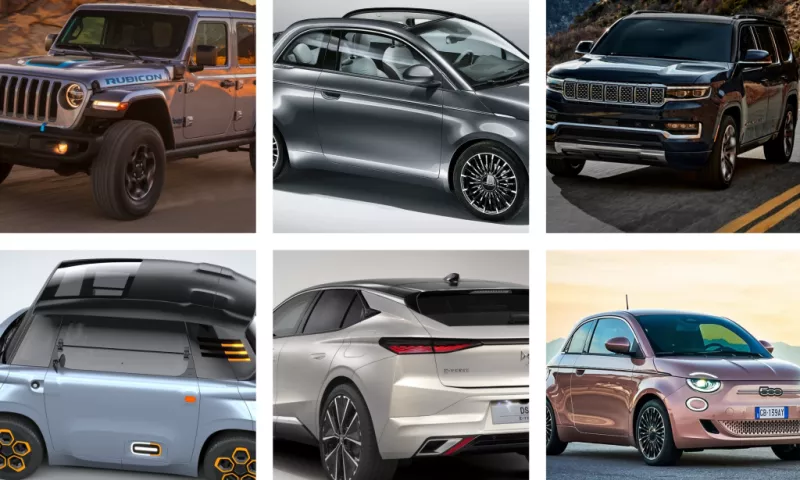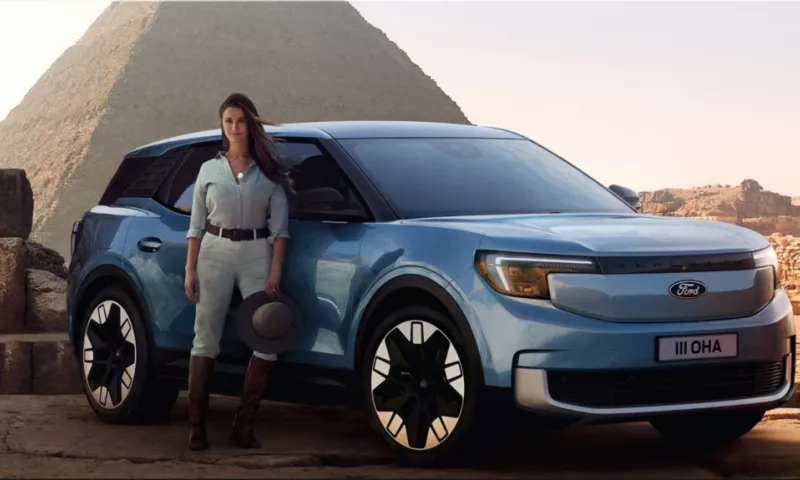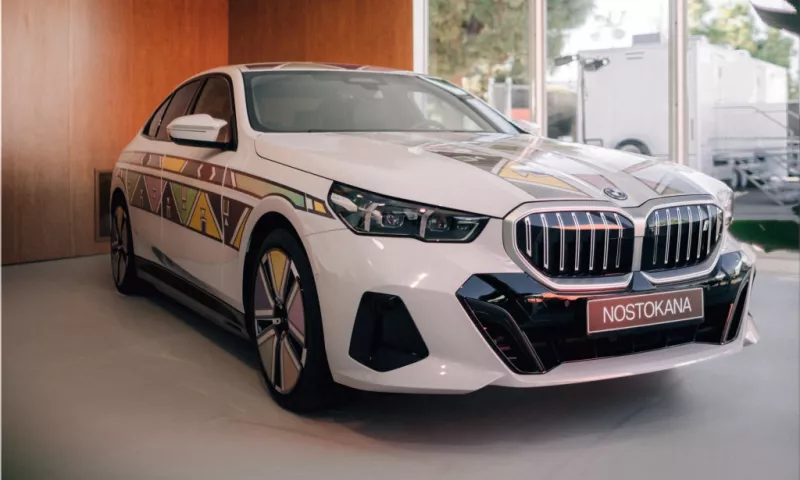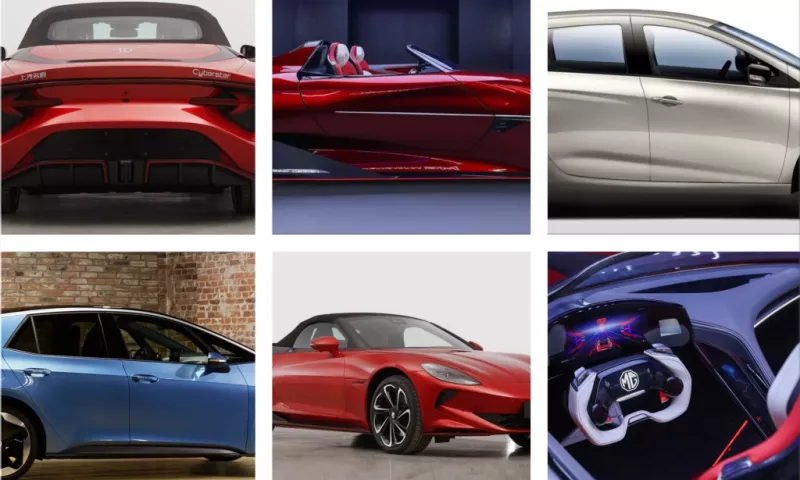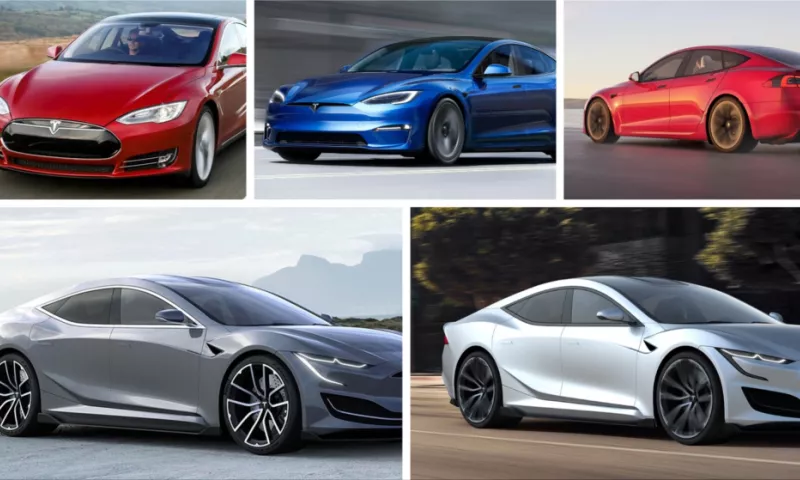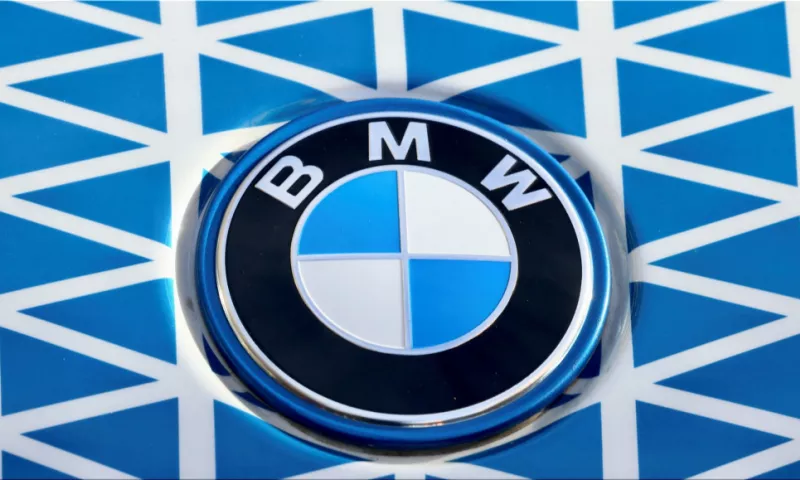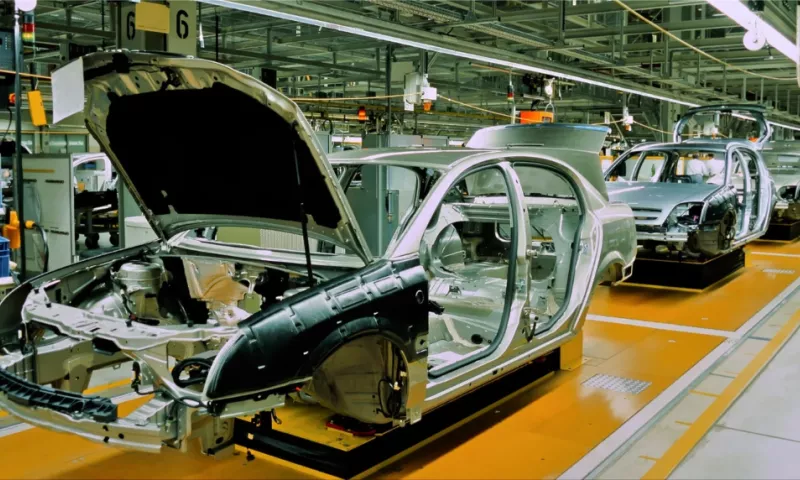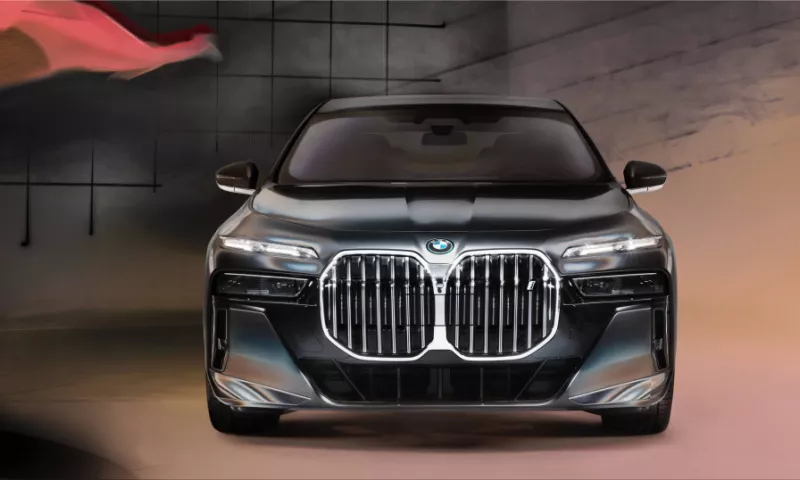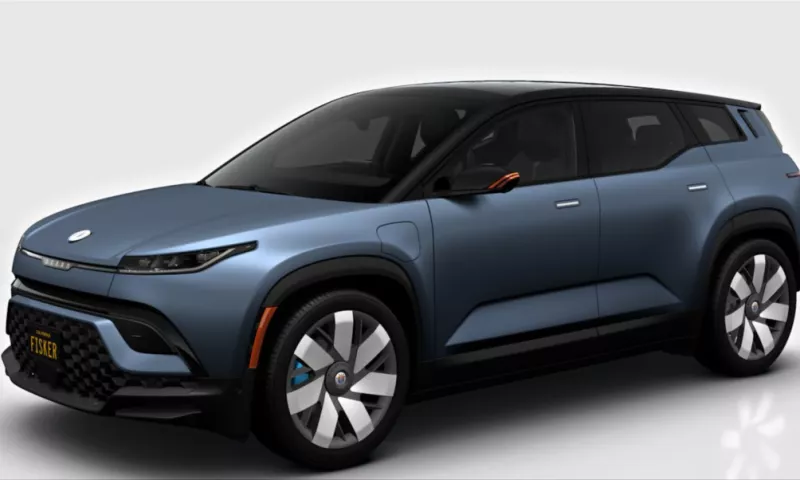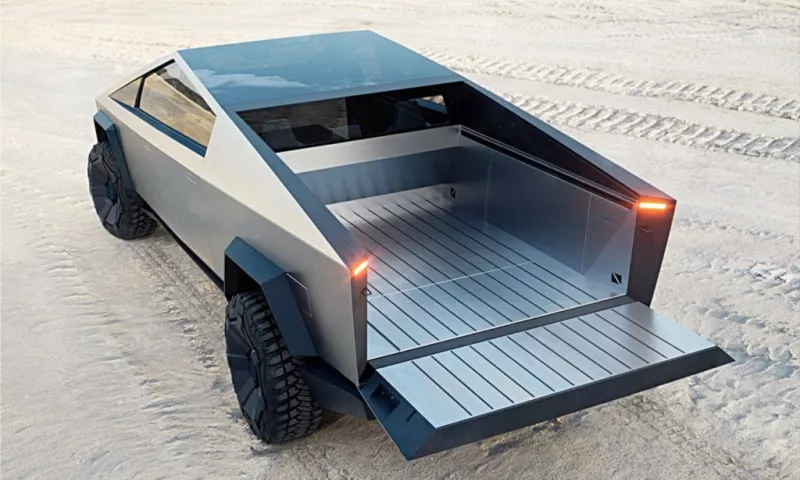The United States government is currently revamping its subsidy program for the purchase of electric vehicles. Last Friday, a legislative proposal was filed to boost the financing significantly, but Elon Musk (Tesla CEO) is utterly unsatisfied with the plan.
The US Democrats suggested extending the electric vehicle subsidy scheme, requiring higher subsidies for electric cars manufactured in the US by unionized manufacturers. The law is a significant component of US President Joe Biden's objective of raising the percentage of total sales of electric vehicles to 50% by 2030.
In the United States, there is presently a tax credit of $7,500 available to purchase electric cars. The incentive, however, expires when a carmaker sells more than 200,000 electric vehicles, a mark that industry pioneers Tesla and General Motors have already attained, according to news portal CNBC. The current proposed law, however, states that this restriction will no longer apply. Tesla and GM automobiles would then be eligible for another tax credit.

